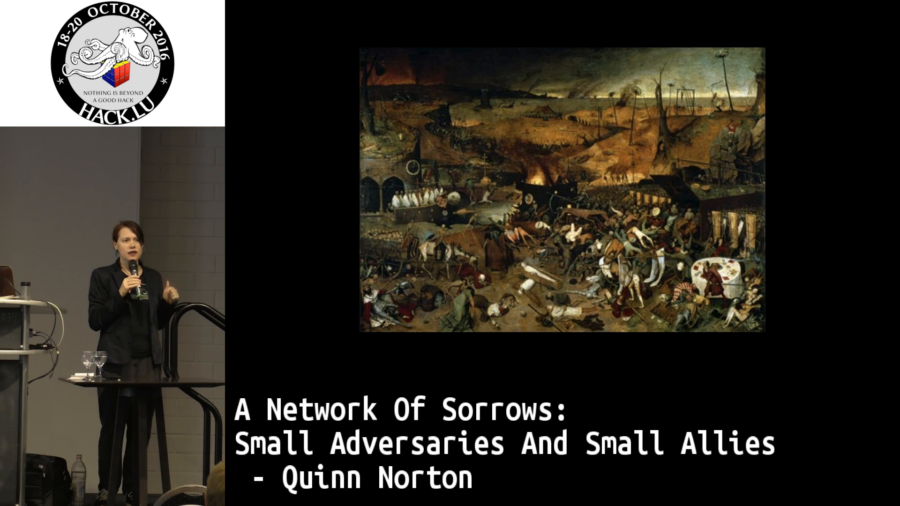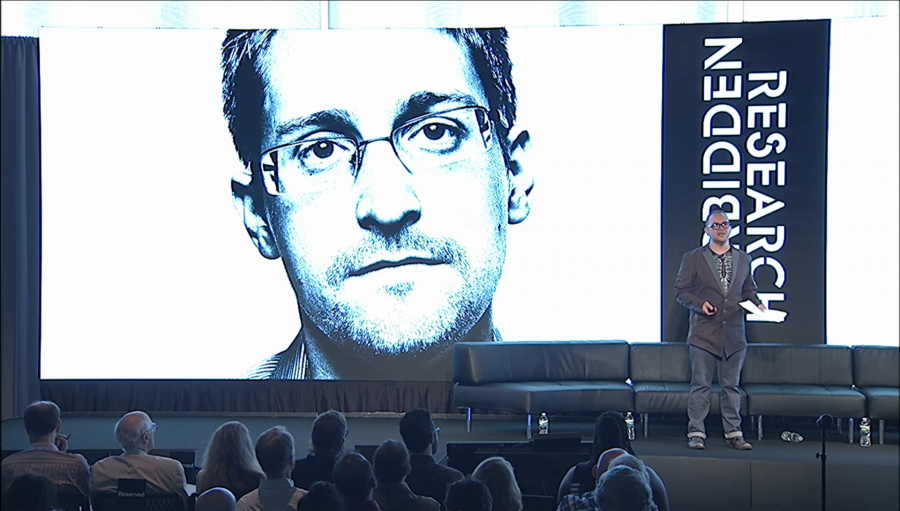People think that the Civil Rights Movement and all big epochal movements involve conscience, and they do. They also involve consciousness. I mean, you can’t struggle against what you’re unaware off, right? The Klan as the iconic carriers of violence, the Bull Connor of the iconic southern white male resistance, George Wallace the iconic neopopulist racist. You know, these were historic figures in myth and reality. But we wouldn’t get to what they represented till much later.
Archive (Page 2 of 3)
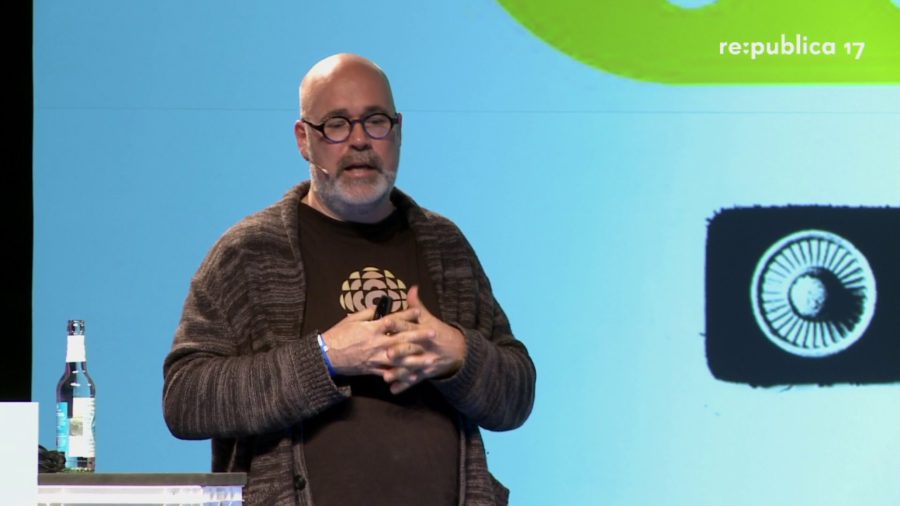
This is a moment to ask as we make the planet digital, as we totally envelop ourselves in the computing environment that we’ve been building for the last hundred years, what kind of digital planet do we want? Because we are at a point where there is no turning back, and getting to ethical decisions, values decisions, decisions about democracy, is not something we have talked about enough nor in a way that has had impact.
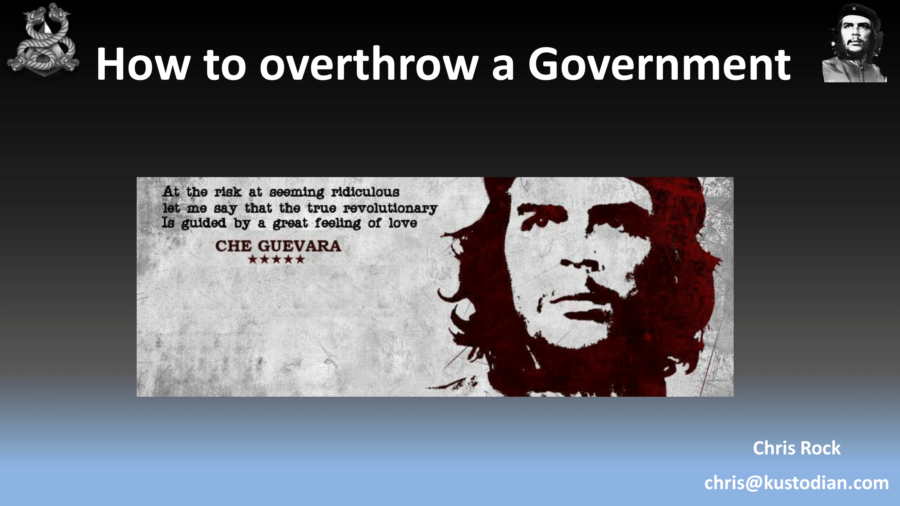
I don’t want to live in a world where ISIS is scarier than hackers, especially in 2016. We previously held the title in 2013, ’14, and ’15. And to be honest I was a little bit disappointed when I saw this result. So I thought I’m in my 40s now, there’s a lot of young hackers in the audience, and I’m not going to pass the baton to you guys unless we have that number one spot back in our pile.
Today, in America right now, we only can think of growth in quantitative terms. And in a resource-constrained environment, how frickin’ stupid is that? You’re actually imposing your own death sentence by not being able to get over the grip of this quantitative dynamic.
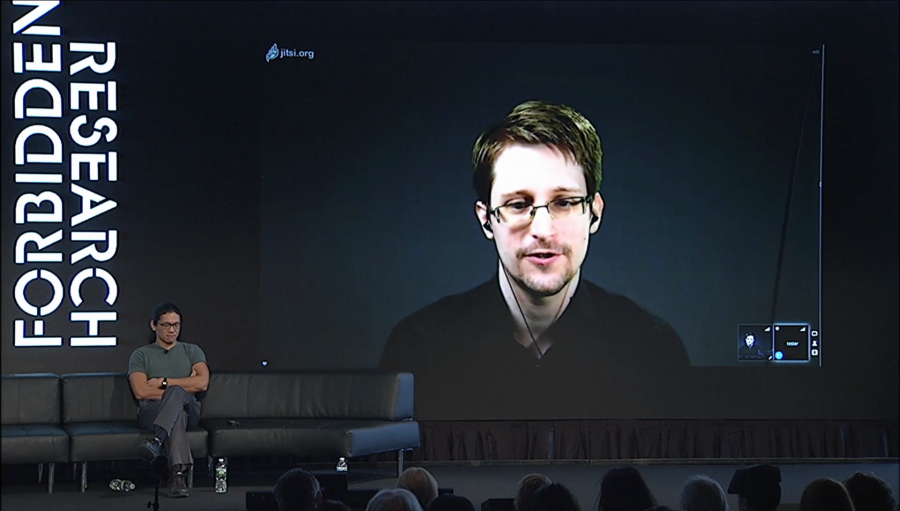
When I announced the talk on Twitter, somebody immediately was like, “Lawful abuse, isn’t that a contradiction?” But if you think about it for just a moment it might seem to be a little bit more clear. After all, the legality of a thing is quite distinct from the morality of it.
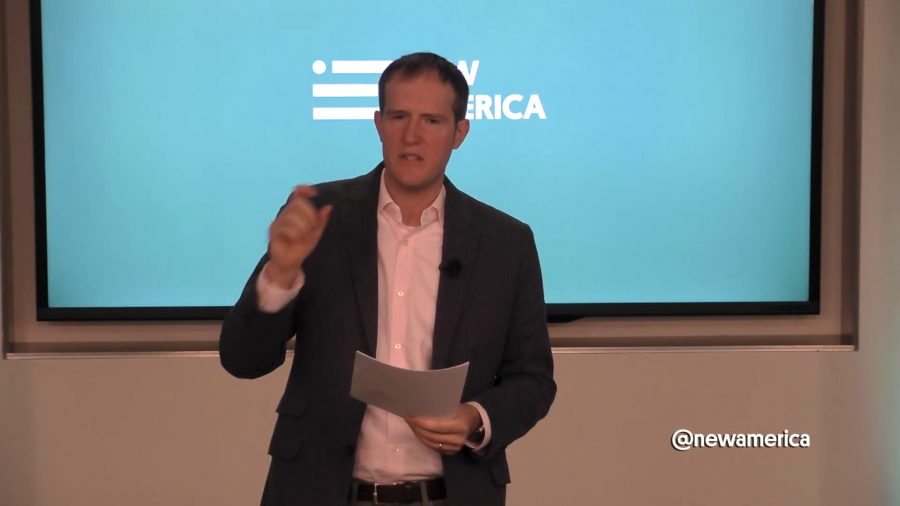
The Tyranny of Algorithms is obviously a polemical title to start a conversation around computation and culture. But I think that it helps us get into the cultural, the political, the legal, the ethical dimensions of code. Because we so often think of code, and code is so often constructed, in a purely technical framework, by people who see themselves as solving technical problems.

